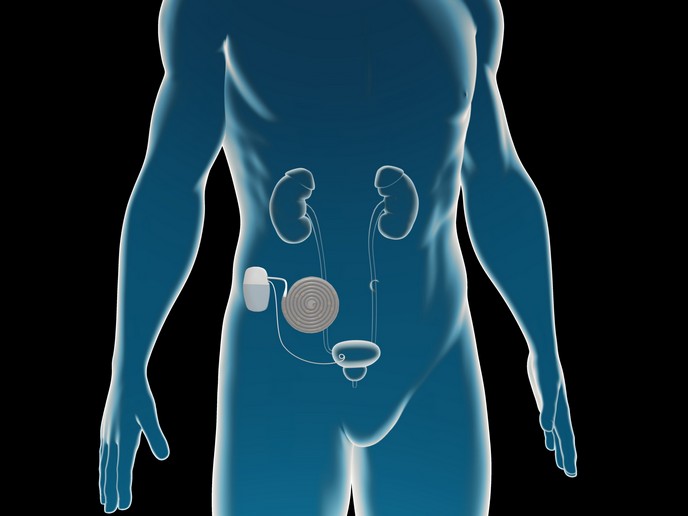Novel strategies for improving management of chronic diseases
Chronic disease management is an important challenge in EU healthcare. Patients can have one or several co-existing chronic conditions (termed multimorbidity). Existing gaps between medical knowledge and treatment for chronic illnesses result in poorer patient outcomes. The EU-funded project TICD(opens in new window) (Tailored implementation for chronic diseases) aimed to develop better methods to apply knowledge in chronic illness care. The four-year study applied its empirical research strategy to chronic conditions in five different health systems: cardiovascular disease in the Netherlands, obesity in England, depression in Norway, chronic obstructive pulmonary disease in Poland, and multimorbidity in Germany. These chronic conditions are characterised by high prevalence in the population, major disease burden, and high costs for both individual patients and society. Tailored implementation interventions are strategies to achieve changes in healthcare practice, which are linked to stakeholders' ideas on barriers for change. The project tested the validity and effectiveness of tailoring methods and models in five cluster randomised trials. Fifty-seven determinants of practice in 7 domains were identified in over 400 descriptive studies on methods. The systematic Cochrane review of tailored implementation strategies was updated, including 32 randomised trials. Healthcare professionals, quality improvement officers, healthcare purchasers and health researchers participated in group interviews in the five countries for improving care in different chronic conditions. Identified determinants of practice were mainly mapped into three domains: individual health professional factors, patient factors and professional interactions. Most importantly, tailored implementation programmes to improve healthcare delivery in different chronic conditions were developed. These programmes, evaluated in five distinct cluster-randomised controlled trials, showed that tailored implementation improved several aspects of healthcare delivery, although not predefined primary outcomes. This included identifying determinants of change in chronic illness care, examining validity and efficiency of the tailoring methods, and analysing the association of implementation activities. Analysis showed that the validity of the tailoring methods was high, but the application of the chosen interventions needs to be improved to have a greater impact. TICD has devised a new set of internationally relevant questions to determine effectiveness of the methodology. These can be applied to the implementation of evidence-based practice generally.







